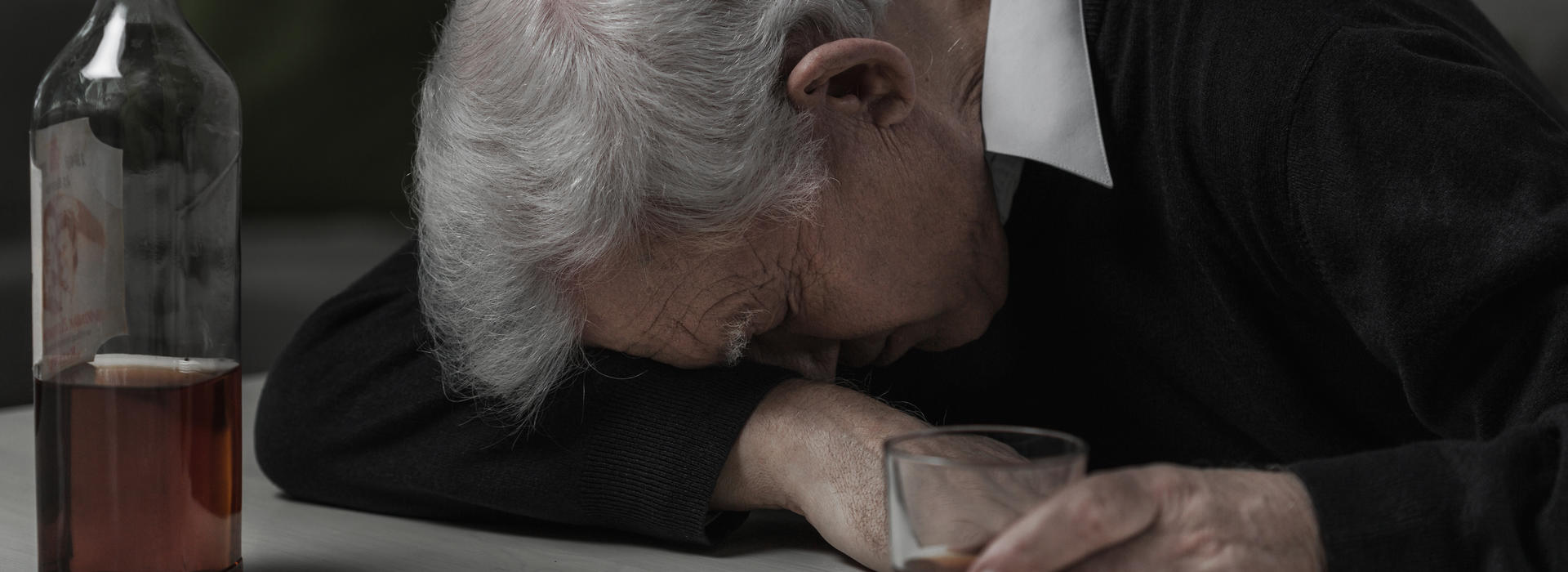
Top Story: Study on People With Anxiety Are More Likely to Experiences Symptoms of Alcohol Abuse Disorder
A pounding headache, extreme thirst and nausea are usually what comes with a night of heavy drinking. But for some, anxiety and depression also heighten, even after just a few drinks. A new study has shown that individuals with anxiety or depression are more likely to experience greater alcohol use disorder symptoms than others, even when they consume the same amount.
“Historically, this risk was attributed to ‘self-medication’ — that is, escalating alcohol use stemming from the temporary relief from anxiety and depression symptoms when intoxicated,” says Matt G. Kushner, PhD, the author of the study and a professor of psychiatry at the University of Minnesota. “This view implies that those with anxiety and mood disorders routinely drink more alcohol than their non-anxious-depressed peers and that the casual/temporal direction of this risk runs exclusively from anxiety and mood disorders to AUD.”
Be mindful of your alcohol consumption, especially if you are taking medication for a condition. Many antidepressants and anti-anxiety medications should not be taken while drinking alcohol. The more you drink, the more your brain responds to the alcohol, so it is important to limit it when dealing with any sort of mental health condition. While alcohol might seem like a relief to anxiety and depression in the moment, it is super detrimental in the long run.
You can read more about this study here.